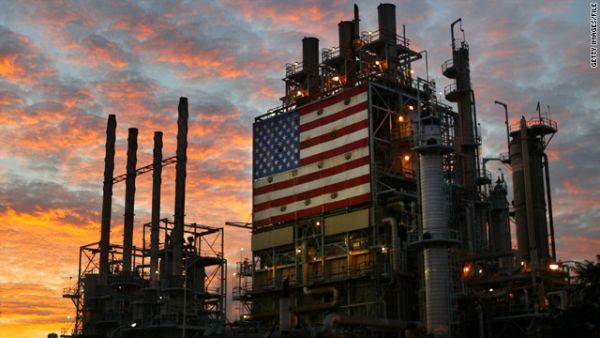The US’ appetite for Middle East crude oil grades is unlikely to ebb in the foreseeable future despite a shale boom in the world’s largest oil importing country which has enabled it cut its dependence on oil imports, according to energy experts.
The primary reason for this is that the majority of the US refineries, which are quite old, are configured to process only Middle East crudes and with no new refineries being built in the world’s largest economy due to environmental concerns, its unlikely the demand pattern there would alter drastically.
“GCC will remain a global energy centre accounting for a large portion of the global oil supply and, hence, will remain important politically,” Giyas Gokkent, chief economist at the National Bank of Abu Dhabi told Gulf News.
He added: “Middle East has production capacity of 24 million barrels per day. This is large in the context of global supply of 90 million barrels per day. Oil prices are not currently forecast to fall drastically, but even if they do, Middle East will remain critical as a source of energy supply,” Giyas Gokkent, chief economist at the National Bank of Abu Dhabi told Gulf News.
By Himendra Mohan Kumar








